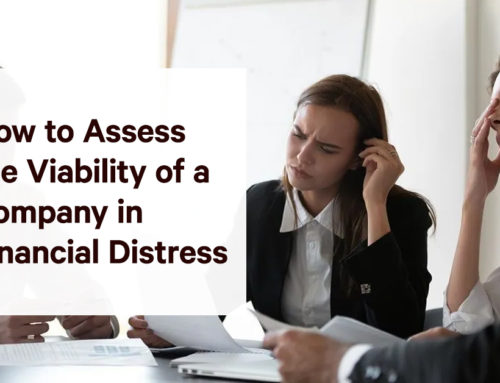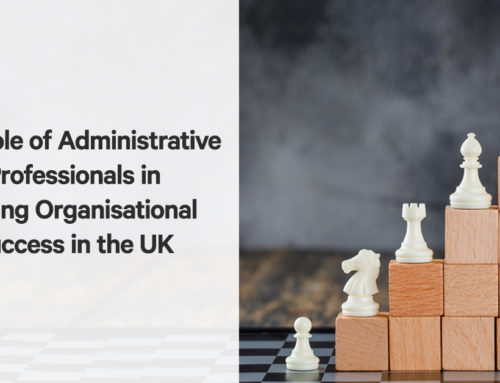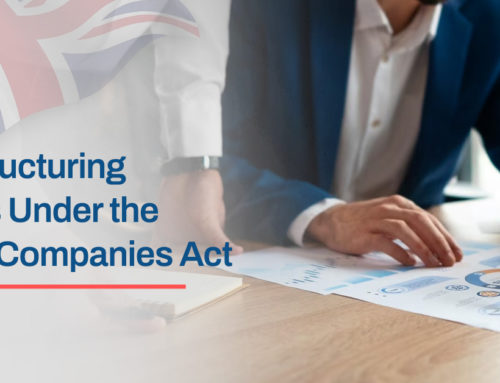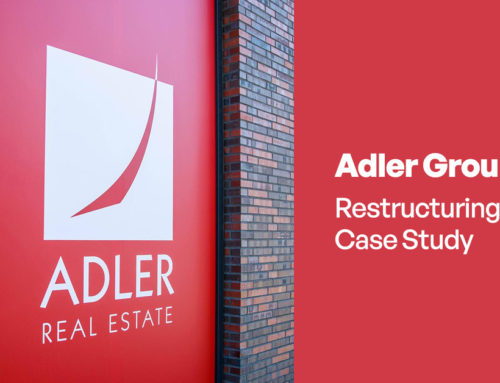Nobody likes being in debt; if you are personally or professionally in financial trouble, the sooner you seek help from a debt consolidation expert, the quicker the problem can be resolved and agreements to pay back creditors put in place.
However, if the debt consolidation expert you choose to work with is not reliable or efficient, you may end up in a worse position. So, it is important to ensure that the insolvency practitioner that helps you resolve your financial problems is someone you can rely on.
No-one can deny that the level of personal and business debt has risen substantially over the past couple of years, predominantly due to different situations people have had to endure through the COVID-19 pandemic. Recent figures don’t make happy reading:
- UK people owed £1,712.9 billion at the end of March 2021, up by £27.1 billion in comparison to March 2020
- During Debt Awareness Week (March 2021), money.co.uk revealed that 51% of UK adults had incurred new debt due to the pandemic
- UK companies have borrowed over £65 billion from banks since March 2020; this figure is forecast to increase by £26 billion by the end of 2021, and many companies are not starting repayments until 2024
- UK companies are facing a total of £24 billion in write-offs in 2021 with bad set to peak by the end of the year.
The good news is that as we come out of the pandemic and government borrowing falls due to the coronavirus lockdown being eased, forecasts for GDP growth in 2021 is currently 6.5%, far higher than OBR’s forecast in March this year of 4%. Therefore, it is becoming more important than ever to take control of your debts and seek the help of a debt consolidation expert.
Debt management plans
Whether you have personal debt or business debt, one of the key advantages of working with a debt consolidation expert is being able to create a debt management plan that works for you.
Insolvency practitioners – part of their role is working out debt management plans for individuals and companies – often have better knowledge of the various debt management plans available to you. In addition, they are able to negotiate more effectively with your creditors than you can, agreeing repayment plans on your behalf.
By going through a debt consolidation expert, your creditors will feel more confident that they will receive their regular payment towards settling the debt. Whilst they charge a fee – this is usually a set-up fee for handling the negotiations and drawing up the agreements, as well as a fee for dealing with each monthly payment – it is money well-spent, but only if your debt consolidation expert is reliable and efficient.
You and your creditors need to know that the regular payment you make to your debt consolidation expert is going to be distributed according to the agreements, on time and in full. If your debt consolidation expert fails to do their duty in a timely, efficient manner, there is the possibility that not only will your creditors not be happy; they will be able to take further action under the auspices of breach of contract against you.
Personal debt plans
In the UK, there are a variety of personal debt plans available, dependent on your circumstances and the level of debt you have incurred.
Debt Management Plan (DMP) – your debt consolidation expert will work with you by liaising with your creditors and agreeing a repayment plan that is affordable for you.
Debt Relief Order (DRO) – if you are on a low income and/or have little in the way of assets or none at all, this is the best option. A debt consolidation expert will draw up a DRO which freezes your creditor debts for 12 months. If there is no change in circumstances at the end of this period, the debts will be entirely written off.
Individual Voluntary Arrangement (IVA) – if your debts are at a significant level and the amount you can pay back is low, an IVA could be the best option but remember, it is a legally binding agreement for both parties.
Bankruptcy – a debt consolidation expert will only suggest bankruptcy as a last resort. However, whilst it will potentially write off all your debts, any assets you have will be sold off to raise the money to pay back your creditors.
Administration Order – similar to an IVA, an Administration Order is granted by a County Court. It is suitable if your debt is low, i.e. less than £5,000, and you are able to make regular payments.
Writing off debts – in exceptional circumstances, i.e. you have no income available, no savings and no assets, you can demonstrate this to your creditors and that it’s not likely to improve in the future, you may be able to write off your debts.
Full and final settlement offer – if you are not able to pay your debt in full but are able to make a substantial lump sum payment, your creditors may accept an offer that is in part-payment. If the creditor is in agreement, the remaining outstanding amount would be written off. Alternatively, your creditor may allow you to make monthly payments over an agreed period of time.
Business debt plans
For any company that is struggling with debt, entering into liquidation must be considered a last resort. There are a variety of potential debt plans in the United Kingdom that could save your business.
Overdrafts and loans – these are the main source of debt relief for businesses. They are available through banks and building societies, government-backed schemes, other lending institutions as well as individual investors. The latter is known as peer-to-peer (P2P) lending.
Asset-based finance – an asset-rich company may be able to secure finance based on their assets, which will include asset financing, such as leasing or hire purchase, invoice financing, such as invoice factoring, and supply chain finance.
Fixed-income debt securities – these are usually in the form of bonds, or mini-bonds, available from credit unions. This form of business finance is usually only taken out by large corporate companies.
If you are struggling with debt, personally or as a business, the first step is to seek professional advice. Our highly experienced professionals at Leading UK are on hand to help on any of these issues.






